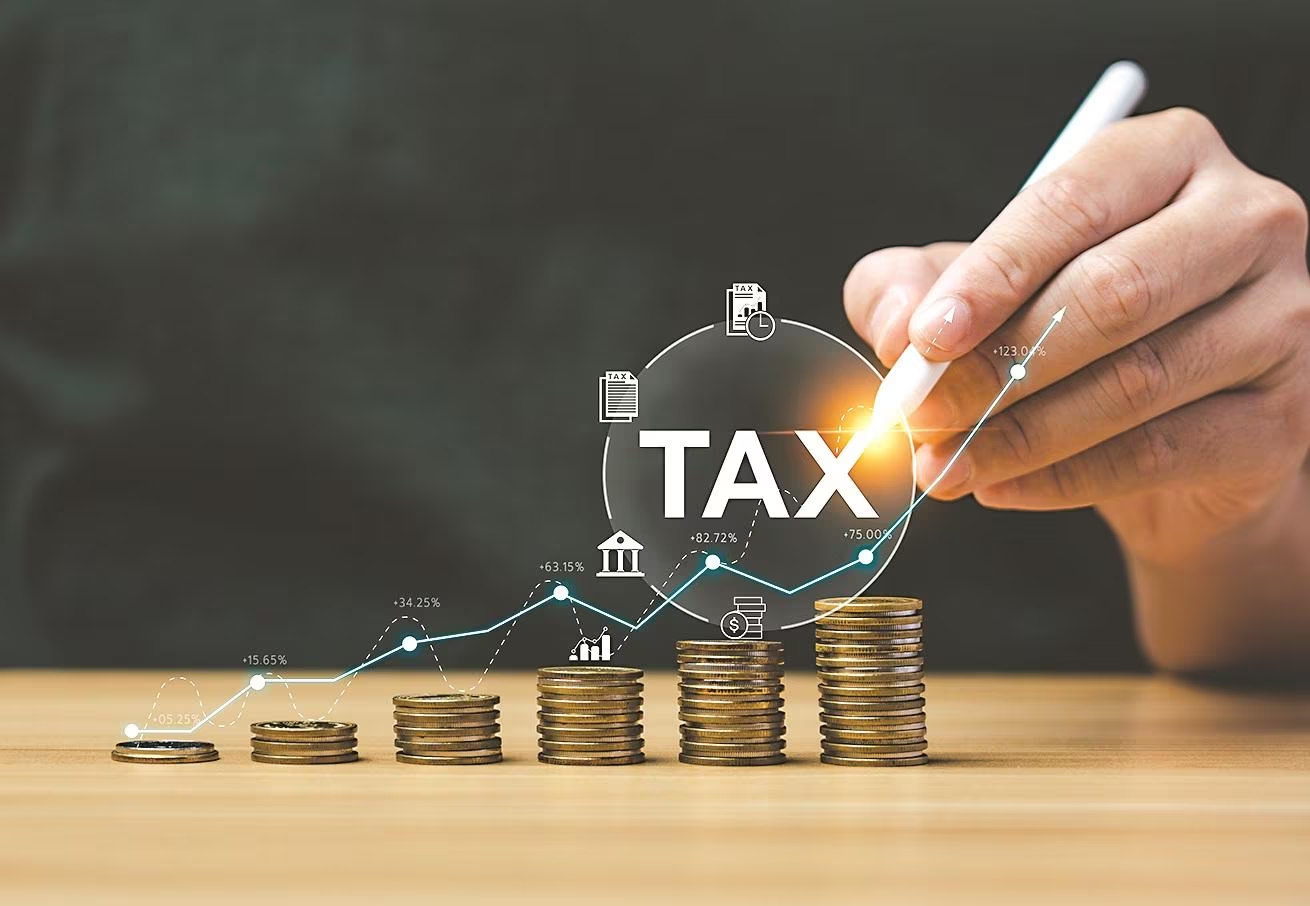Personal loans are versatile financial tools that can be utilized for various purposes, ranging from debt consolidation to unexpected expenses. However, one often overlooked aspect of personal loans is their potential tax benefits. Understanding how personal loans can impact your tax situation is essential for maximizing savings and financial efficiency.
1. Introduction to Personal Loans
Before delving into the tax benefits, it’s crucial to understand what personal loans are. Personal loans are unsecured loans provided by financial institutions, such as banks or online lenders, based on the borrower’s creditworthiness. Unlike secured loans, such as mortgages or auto loans, personal loans do not require collateral.
2. Understanding Tax Benefits
Deductible Interest Payments
One of the significant tax benefits associated with personal loans is the potential deductibility of interest payments. Interest paid on personal loans for qualifying expenses may be tax-deductible, reducing your taxable income and ultimately lowering your tax liability.
Tax Deductibility Criteria
However, not all personal loan interest payments are eligible for tax deductions. To qualify for tax deductibility, the loan must be used for specific purposes outlined by the Internal Revenue Service (IRS). Common qualifying expenses include home improvements, business expenses, and education expenses.
3. Utilizing Personal Loans for Tax Deductible Expenses
Home Improvements
Using a personal loan to fund home improvements, such as renovations or repairs, can potentially make the interest payments tax-deductible. These improvements must add value to the home or prolong its useful life to qualify for tax benefits.
Business Expenses
Entrepreneurs and small business owners can leverage personal loans to cover business expenses, such as equipment purchases or marketing campaigns. The interest paid on these loans may be tax-deductible if the expenses contribute to the operation or expansion of the business.
Education Expenses
Personal loans can also be used to finance education expenses, including tuition, textbooks, and supplies. By using a personal loan for qualified educational purposes, borrowers may be eligible to deduct the interest payments, providing additional financial relief.
4. Maximizing Tax Savings with Personal Loans
Proper Documentation
To ensure eligibility for tax deductions, it’s essential to maintain thorough documentation of loan proceeds and expenses. Keep detailed records of how the loan funds were used and any relevant receipts or invoices.
Consulting a Tax Professional
Navigating the complexities of tax deductions can be challenging, especially concerning personal loans. Consulting a qualified tax professional can provide invaluable guidance on maximizing tax savings and ensuring compliance with IRS regulations.
5. Conclusion
In conclusion, personal loans offer more than just financial assistance—they can also provide tax benefits for savvy borrowers. By understanding the deductibility criteria and strategically utilizing personal loans for qualifying expenses, individuals can minimize their tax burden and optimize their financial situation.
